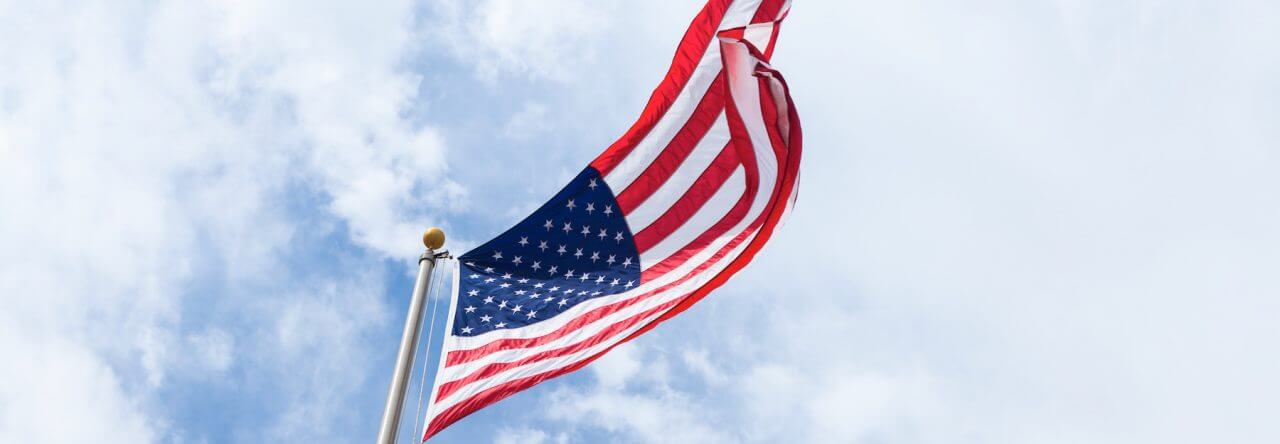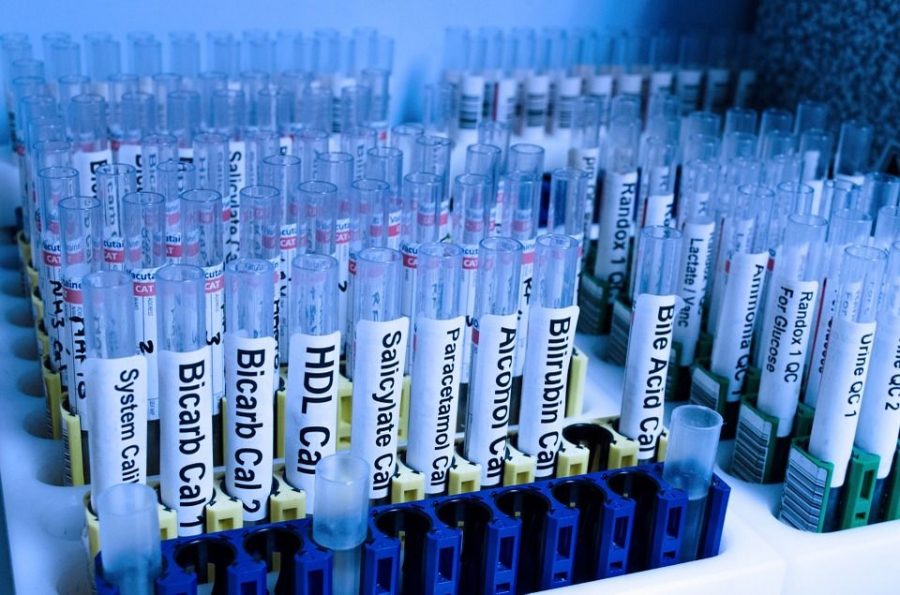Cancer is never easy. It can be a difficult illness to deal with, and the fact that there is no known cure makes the road even more challenging. And as scientists work day and night to develop a long-lasting cure, others are working on an equally important aspect of cancer: detection. And a group of researchers and scientists seem to have made a significant development in early detection of cancer.
According to a report from Digital Trends, researchers from UCLA and USC have developed a program that can not only detect if a patient has cancer, but where that cancer is located. Aptly titled the CancerLocator, the program can detect and track cancer by analyzing a sample of the patient’s blood.
With so much attention focused on battling cancer (and rightfully so), diagnosis can easily be overlooked. But it is just as important to detect the disease. The earlier it can be detected, the better the chances of survival. And while CancerLocator’s ability to detect cancer is impressive, its potential to offer more effective treatments is even more groundbreaking.
How Does it Work?
By saying that CancerLocator works by analyzing blood is a gross oversimplification. In reality, there is so much more to the process. CancerLocator measures the amount of methyl groups located in cells after they die, which signal whether or not they are cancerous. And since cells have different gene expressions, CancerLocator can use this information to detect the cancer’s location. In the same Digital Trends article, Project Researcher Wenyuan Li explains the technical aspects of the process, stating, “Using the large amount of DNA methylation profiles of various tumor types in the public database, we can identify the DNA methylation signatures that differentiate multiple cancer types as well as normal plasma.”
According to the official press release from UCLA, CancerLocator had an accuracy rate of 80 percent, far better than various other methods.
Could CancerLocator change the future of cancer research? Only time will tell, but I am incredibly eager for what the future holds.

